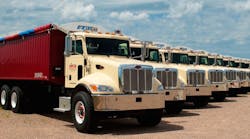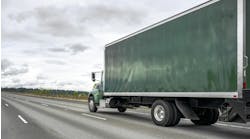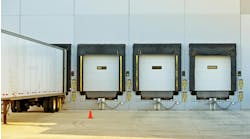As we continue into 2019, I want to issue another challenge — a direct one to the fleet leaders to do better when it comes to improving fuel economy and reducing the carbon footprint. A few weeks ago on these pages, I challenged truck drivers to do better. We know both from the fleets that participated in Run on Less and those who shared data with us in our Annual Fleet Fuel Study that MPG numbers that are better than the industry average fuel economy numbers are consistently possible with a little effort and investment.
The first step might be an attitude change especially if you think good fuel economy is something only achievable by the biggest of the big fleets or if you think since fuel prices are relatively low you needn’t concern yourself with watching your MPGs.
There is a wide range of fuel-saving technologies and practices available to fleets. We have identified 85 of them. And yes some have significant price tags. But others come with a smaller price tag and some just require an outlay of time, not cash.
As for the cost of fuel, sure it is low now but anyone who has been around trucking for any length of time knows that fuel prices fluctuate based on factors having nothing to do with trucking or in some cases our own economy. When it comes to fuel, regardless of price it is still a significant cost of doing business whether you have 15 trucks or 1500. Getting the most out of a gallon of fuel now when prices are relatively low will put you ahead of other fleets who wait until those prices rise to begin making investments in technologies that will give them better MPG. In addition to the increased fuel cost, they will also have the pay the bill for the technology — something you have already done.
The good news is that you are not in this hunt for more miles per gallon by yourself. There are many truck makers and components manufacturers who are willing to share information and insights with you, fuel-efficient drivers like those who participated in Run on Less also are good sources of real-world, practical advice. And we at NACFE have published and continue to revise and update Confidence Reports on many of these technologies that outline not only the benefits of a technology but also the challenges in order to help you choose those technologies and practices that make the most sense in your unique application because when it comes to fuel efficiency there is no one size fits all answer.
Our industry has come a long way in making trucks more fuel efficient with fewer emissions, but I know we can all do better. Let us know how we can help. We are happy to jump on a phone call, sit down for a chat or speak at an event to help spread the word about all the things out there that can help fleets achieve the best MPG for their given duty cycles.




